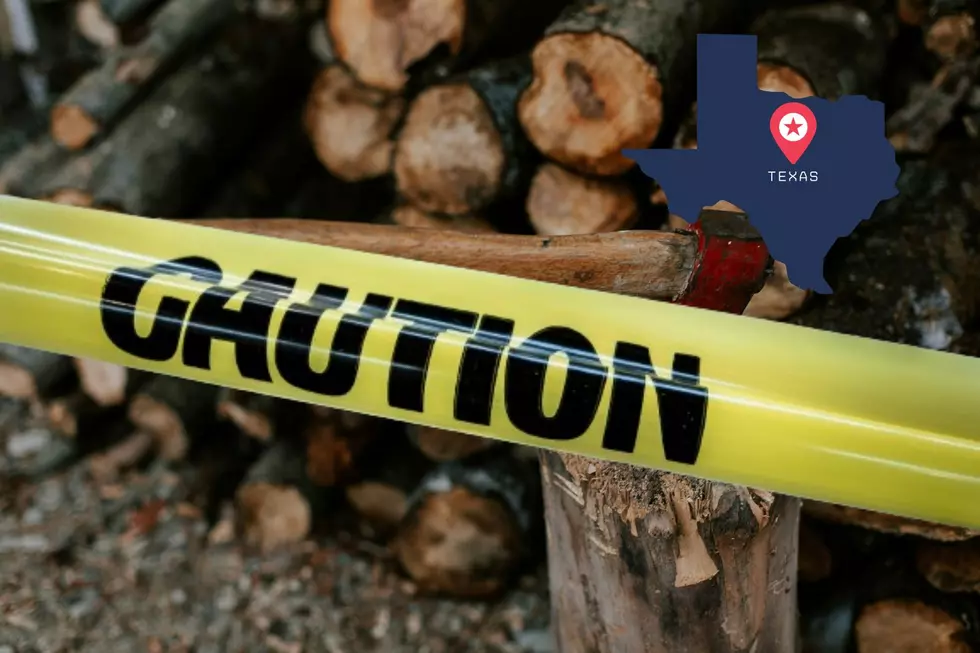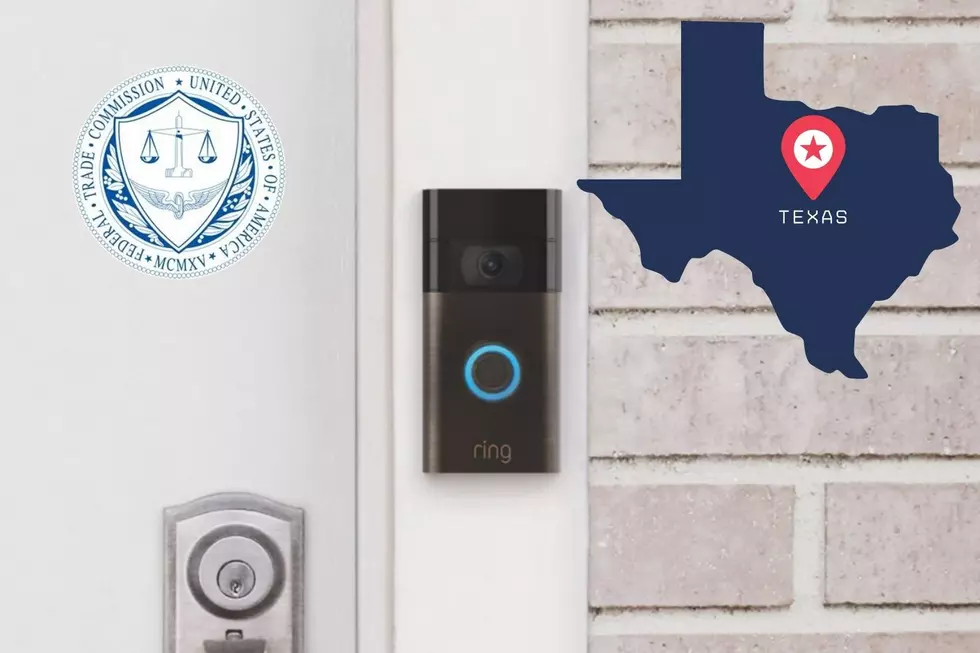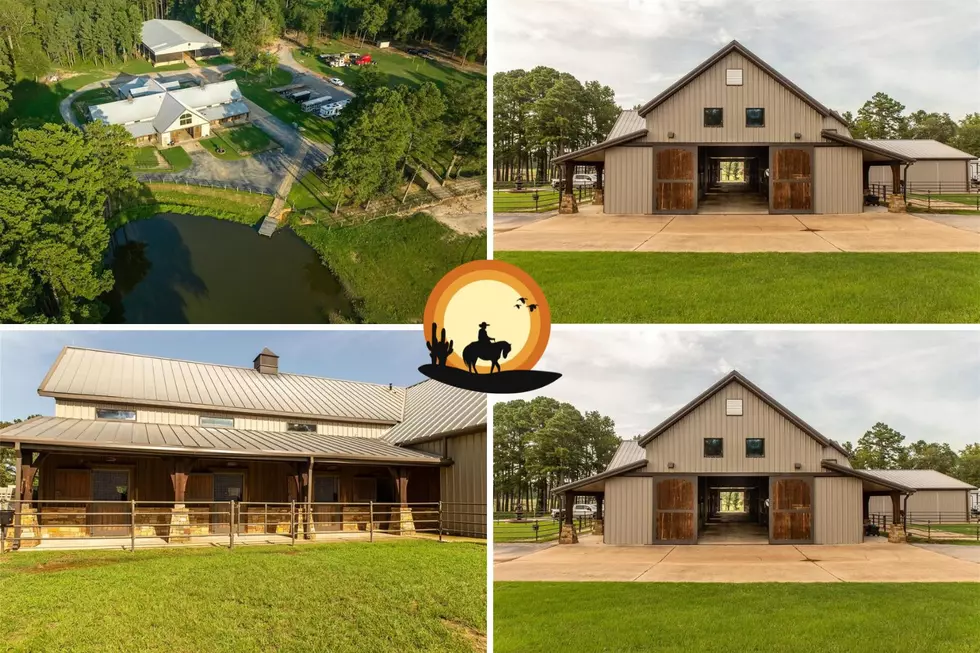
Beware of Hurricane Sandy Donation Scams
The Better Business Bureau in Tyler reminds consumers to be cautious when donating money to organizations that aid people in natural disasters.
As the East Coast recovers from Hurricane Sandy damage, the Better Business Bureau offers “Seven Tips for Donating in the Wake of a Natural Disaster.”
“When a natural occurs, generous consumers rush to donate money or goods to assist victims with a sense of urgency, which is exactly what scam artists use to their advantage”, said Mechele Agbayani Mills, President and CEO of BBB Serving Central East Texas. ”They count on the fact that you won’t give them a thorough review before donating. That is why you should turn to the BBB to assist you in making wise giving decisions.”
1) Give Cash To charities that specialize in disaster relief. Right after a natural disaster cash, not clothing, food, or other items, is the best way to assist charities that are already on the ground in affected areas.
2) Direct Aid Before you donate, find out if the charity is actually on the ground in the affected areas or if they are fundraising on behalf of charities that are.
3) Sound-a-Like Scams Double-check to make sure you are donating to the right charity. The BBB sees many scam artists appear, especially online, after disasters and using names that sound similar to those of well-known and established organizations.
4) Giving Online After disasters you will most likely receive emails asking for donations. Some are legitimate and some are not. Many scam artists will create phony donation pages that mimic the pages of legitimate charities. Be careful, not only will your donation go to waste, you also run the risk of becoming the victim of identity theft. When in doubt you should call the charity directly and verify the email is from them.
5) 100% to Victims All charities have at least some administrative and fundraising costs. If a charity is claiming 100% of collected funds go to disaster victims, they are not telling the whole truth. Even a credit card donation would involve a processing fee.
6) High Pressure Tactics The hallmark of every scam artist. This tactic is usually used over the phone or door-to-door. While disaster victims may need your donation quickly, a good charity will make sure to answer all of your questions and educate you on how they provide relief. A scam artist won’t be able to do that. Ask questions and if something doesn’t feel right, don’t donate.
7) Expert Analysis Rely on the experts like the BBB to research charities before you donate to them. At www.bbb.org you can find detailed evaluations of local and national charities. Each evaluation is completed using the BBB’s 20 Standards for Charity Accountability. This ensures you will be giving to charities that deserve it most and can provide the best service in a victim’s time of need.
More From KKTX FM









